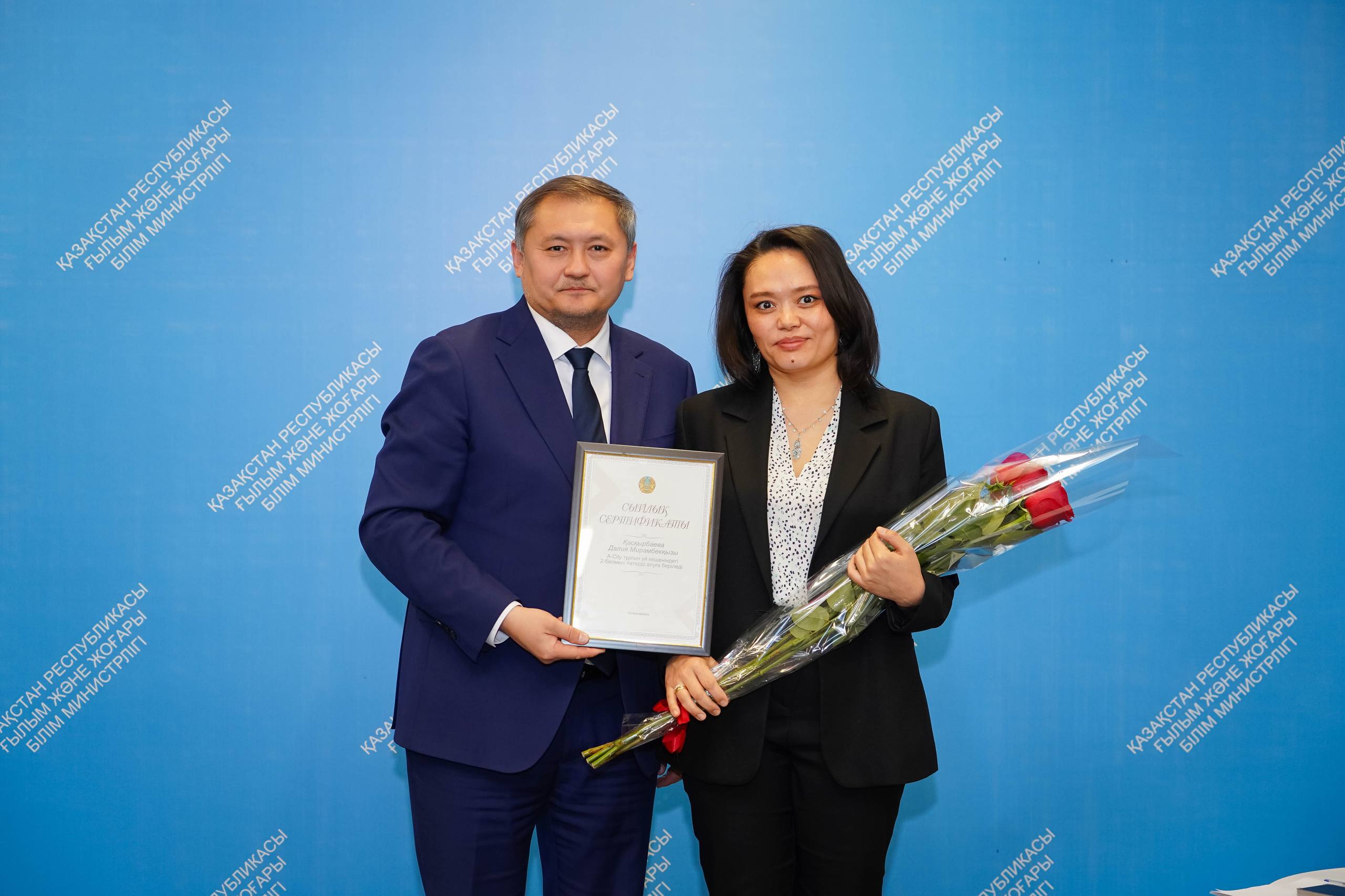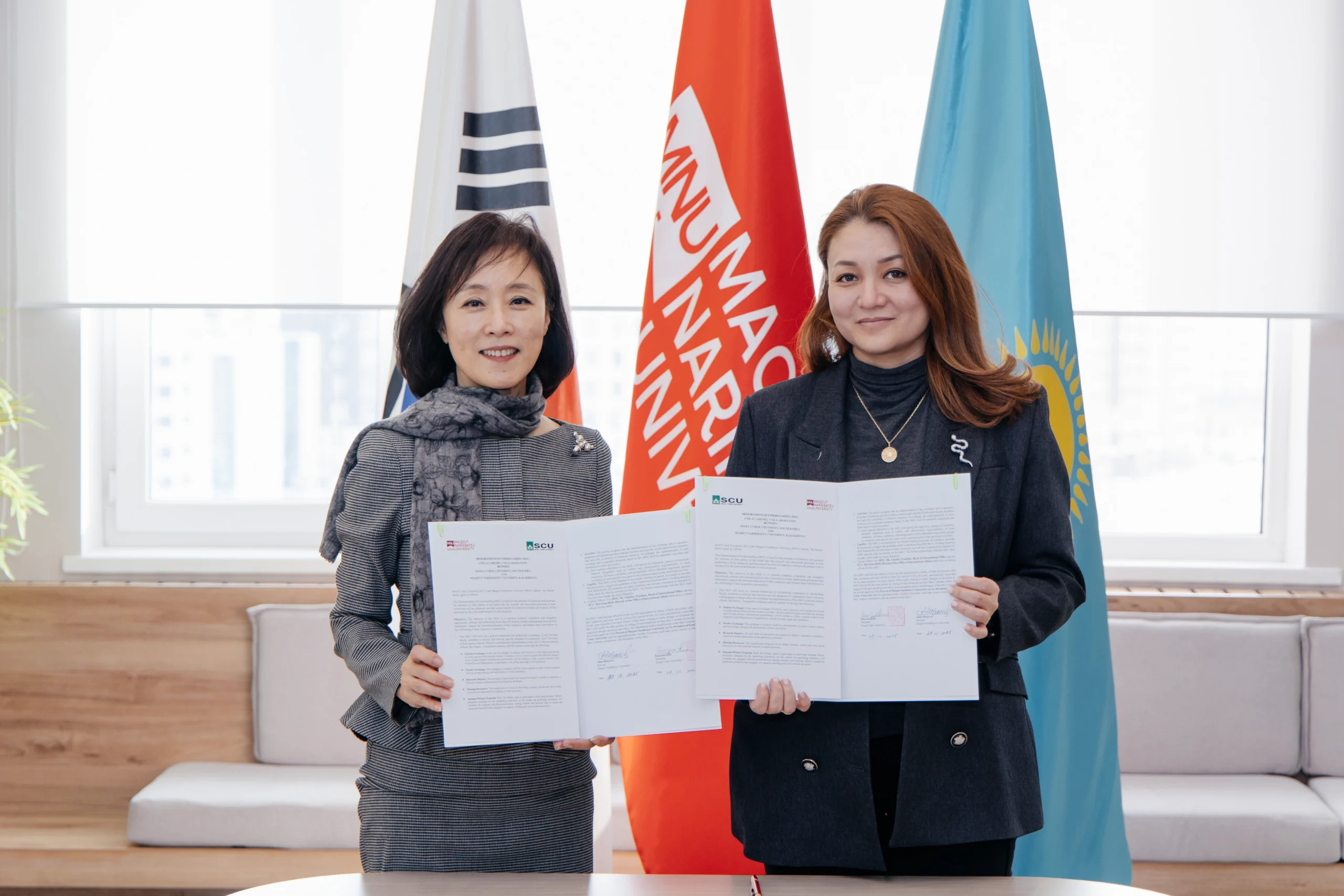Assistant Professor Daliya Kaskirbayeva published an article on the global impact of COVID-19 on employment and inequality in Perspectives in Public Health (indexed in Scopus, Q2).The study provides critical evidence to guide policies that foster inclusive, resilient, and equitable labor markets in the post-pandemic recovery, marking an important contribution to SDG 8: Decent Work and Economic Growth.
The research highlights how the pandemic deepened existing labor market inequalities and underscores the need for policies that ensure fair employment opportunities and protect vulnerable groups during economic crises. The findings reveal that COVID-19 caused substantial declines in employment, income, and working hours, with the effects varying sharply across regions and social groups.
Job losses were particularly severe in low- and middle-income countries reaching up to 30% in some cases; while high-income countries experienced smaller declines thanks to support programs. Across all contexts, women, young people, racial minorities, and less-educated workers were hit hardest, especially those employed in sectors requiring face-to-face interaction such as hospitality, retail, and education.
Please see the full article here






